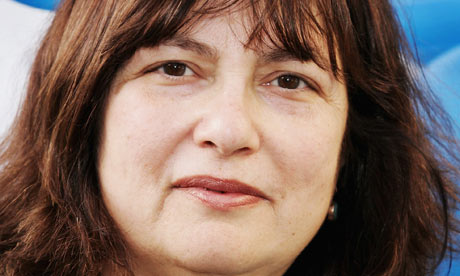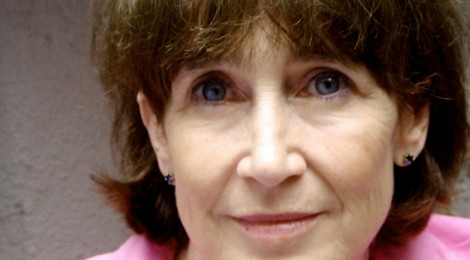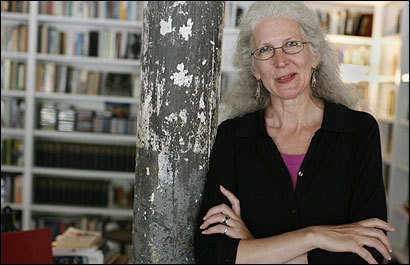Four Contributors Honored
Congratulations to a quartet of Top Ten contributors honored for their recent work.
George Saunders has been awarded the 10th annual Story Prize for his story collection Tenth of December. Andrea Barrett was a runner-up for her collection Archangel.







